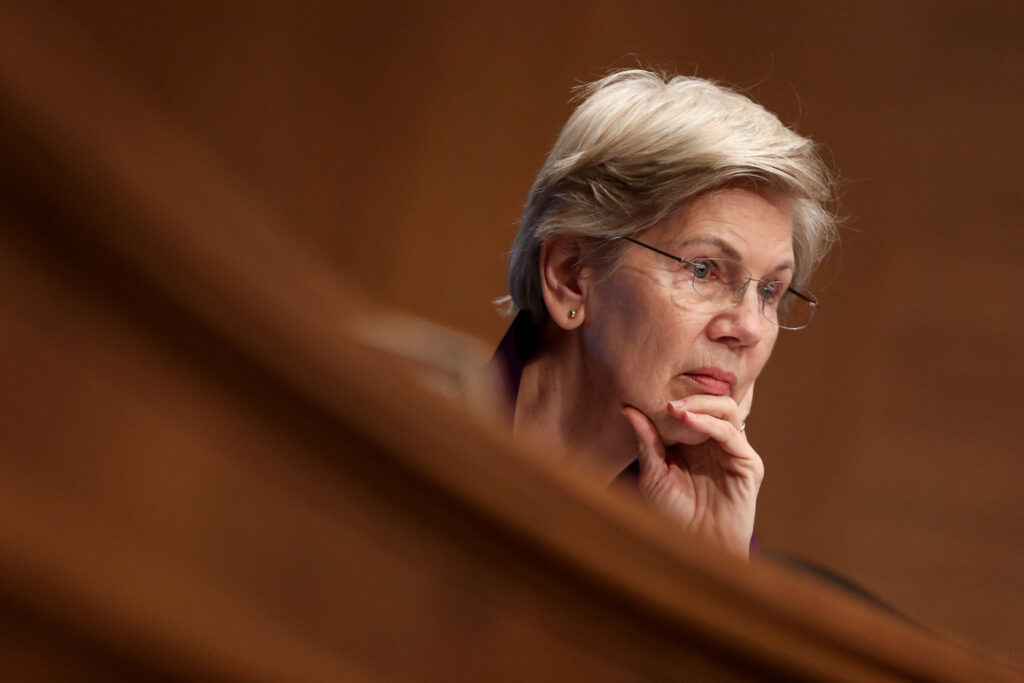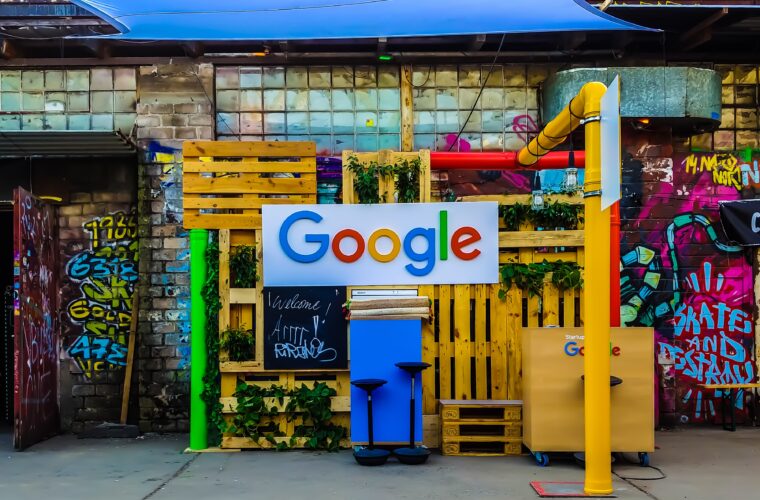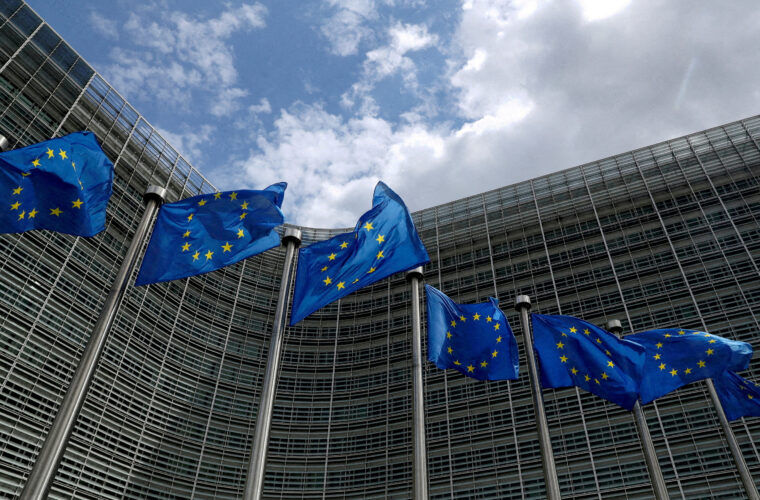By Diane Bartz
WASHINGTON (Reuters) – U.S. senators Elizabeth Warren, a Democrat, and Lindsey Graham, a Republican, said on Thursday they would push for an ambitious bill to create a new government regulator empowered to rein in Meta Platforms’ Facebook, Alphabet’s Google, Amazon.com and other Big Tech platforms.
For several years, bills intended to clip the wings of Big Tech companies have fallen short in U.S. Congress even as federal agencies wage legal battles against Google and Facebook over alleged violations of antitrust law.
In addition to creating the regulatory commission, the proposed law would tighten antitrust law to forbid the companies from preferencing their own products over those of rivals. Amazon, for example, has been accused of favoring its own brands when consumers conduct searches on Amazon.
It would allow the commission to stop certain acquisitions by the companies and force asset sales in some circumstances, Warren’s office said in a description of the proposed measure.

The measure would also guarantee some privacy protections and limit foreign ownership and access to data by foreign adversaries.
Like the Federal Trade Commission, the new Digital Consumer Protection Commission would have five commissioners with a maximum of three from one political party.
“This bipartisan bill would create a new tech regulator and makes clear that reining in Big Tech platforms is a top priority on both sides of the aisle,” said Warren in a statement.
Graham said the creation of the regulatory commission was “the first step in a long journey to protect American consumers from the massive power these companies currently wield.”
Amazon declined comment while Facebook and Google did not respond to a request for comment on the proposal.



